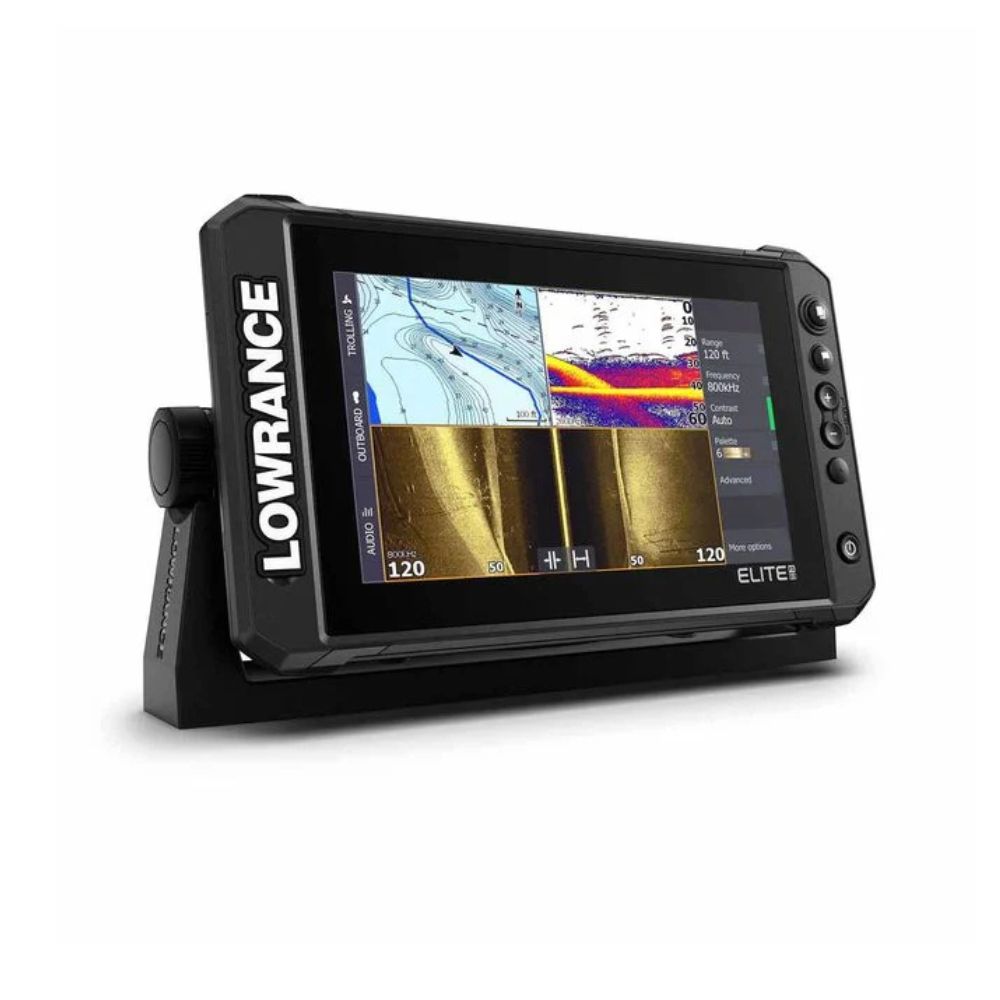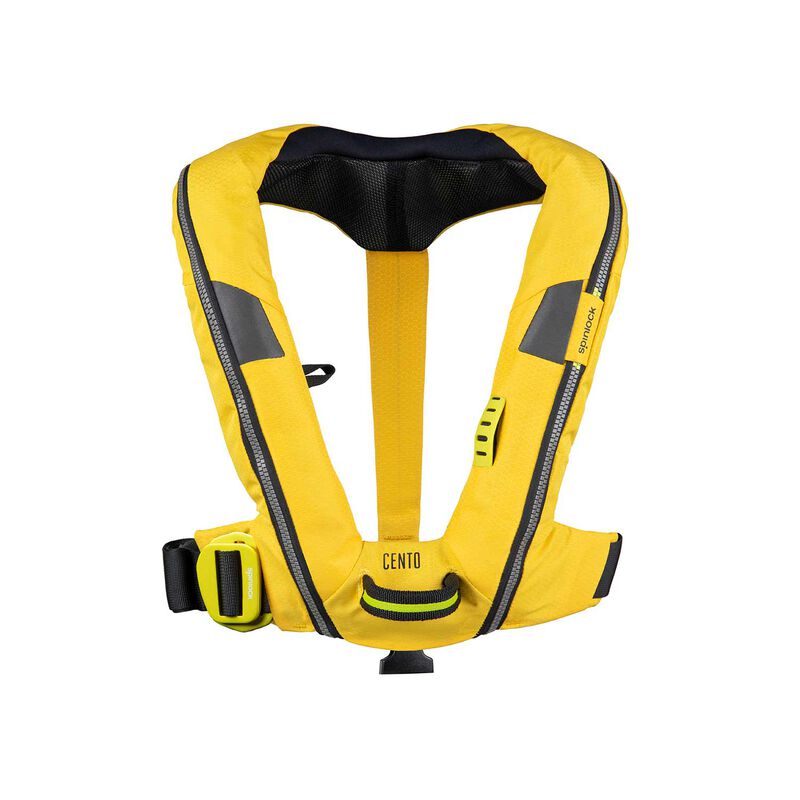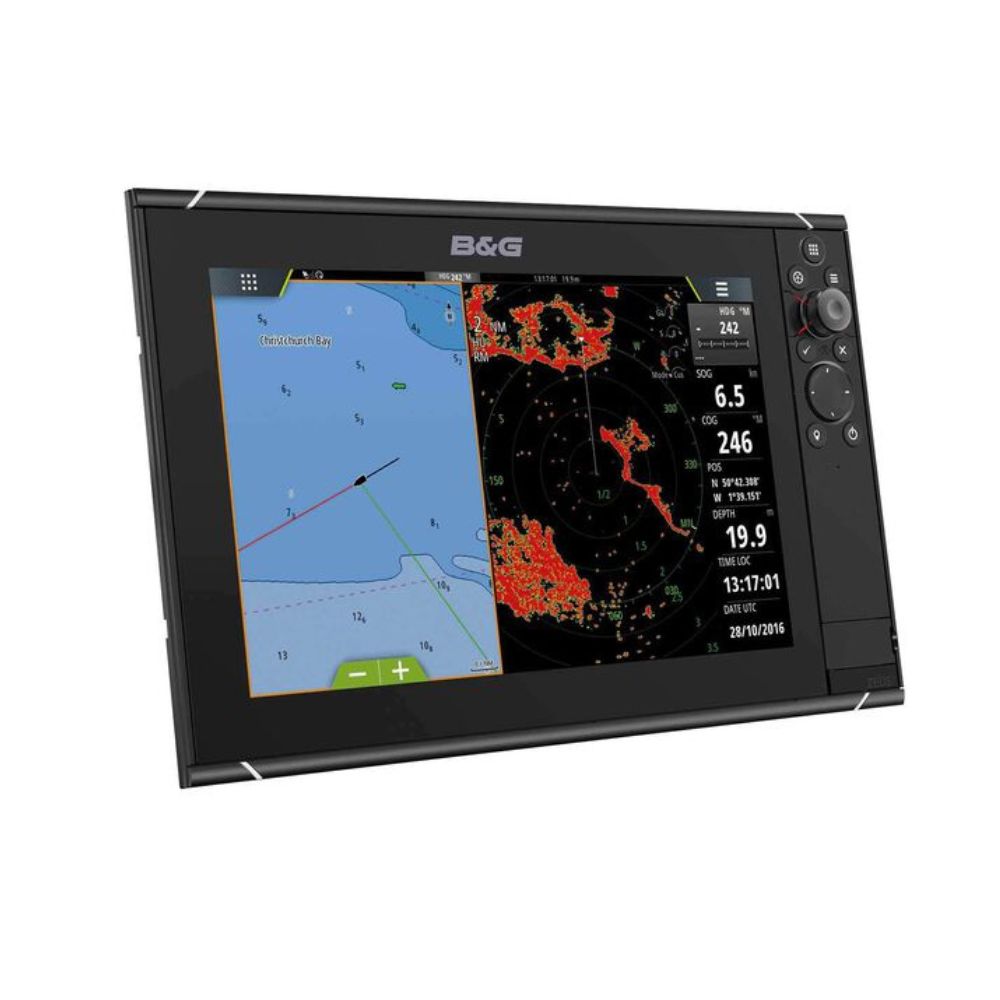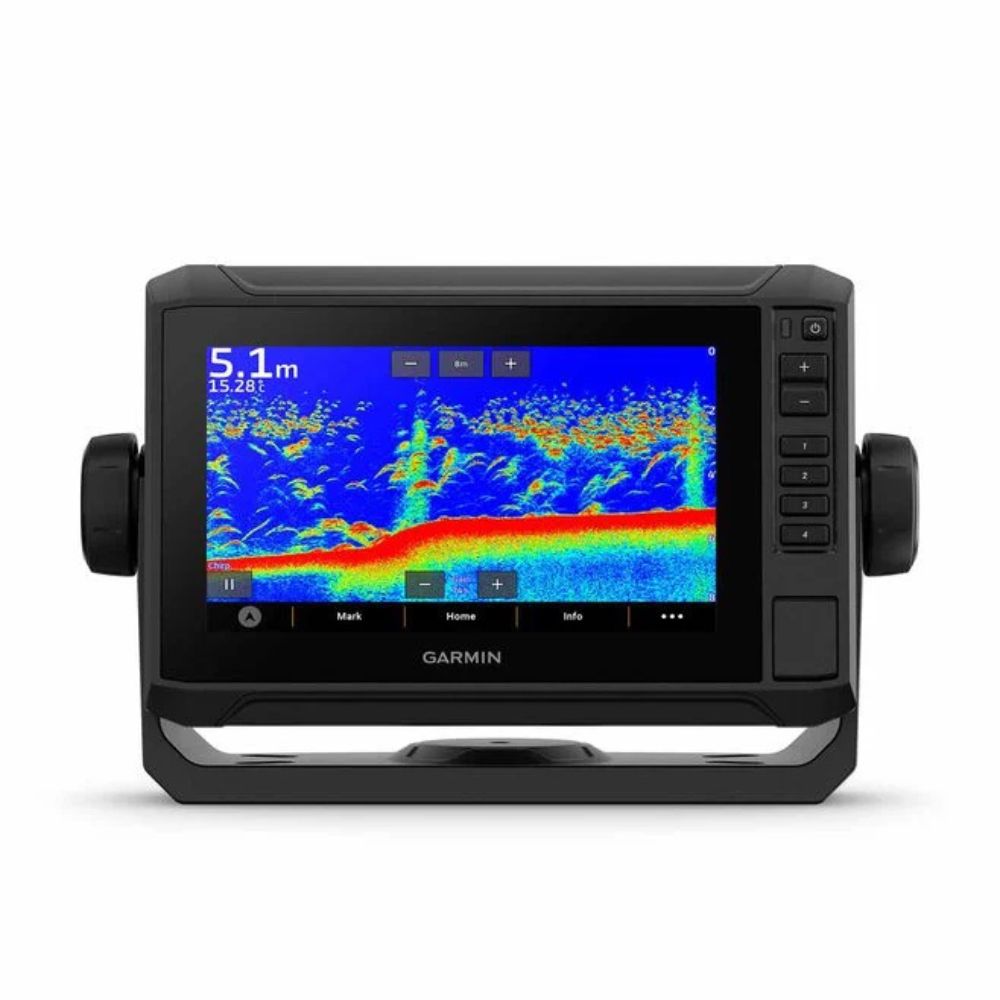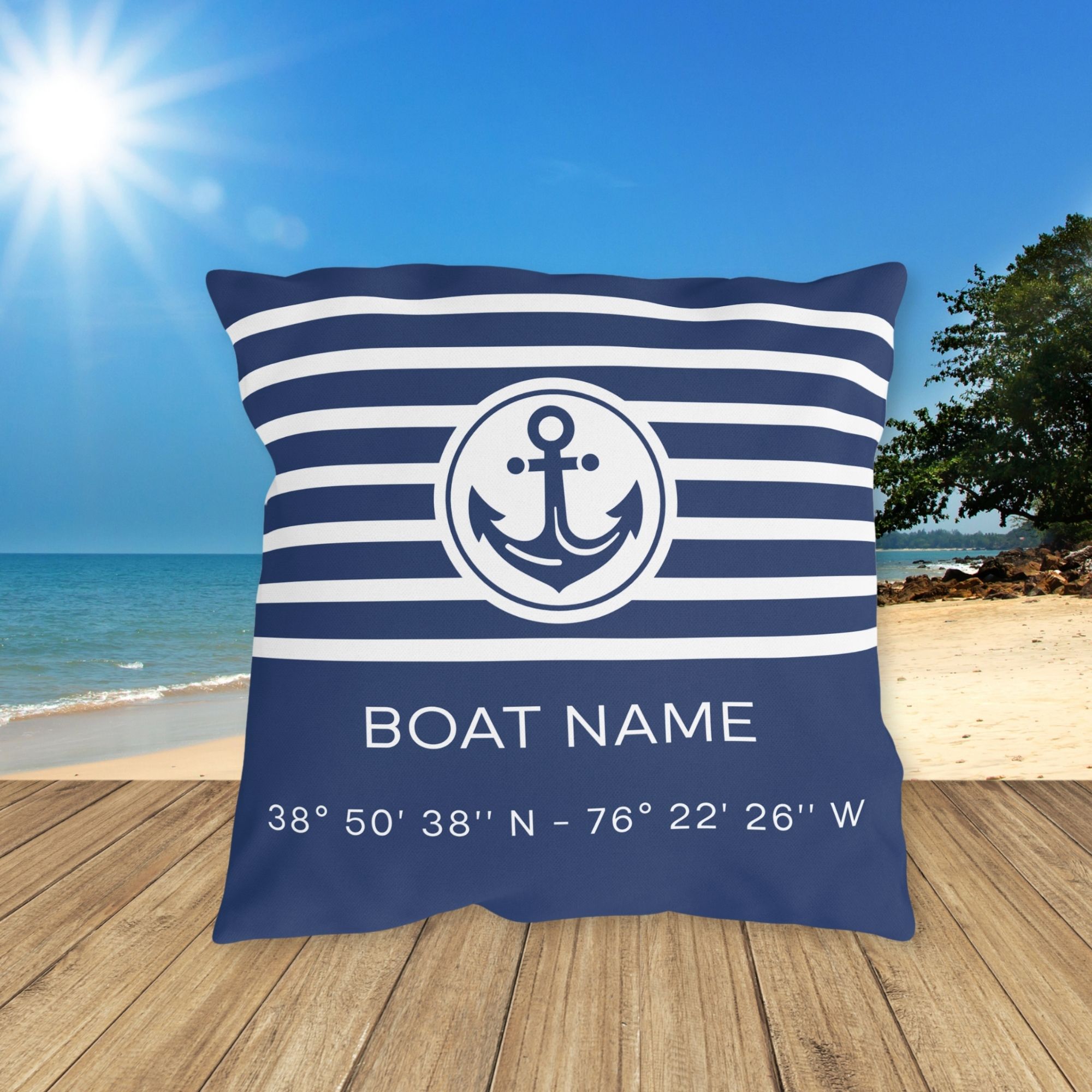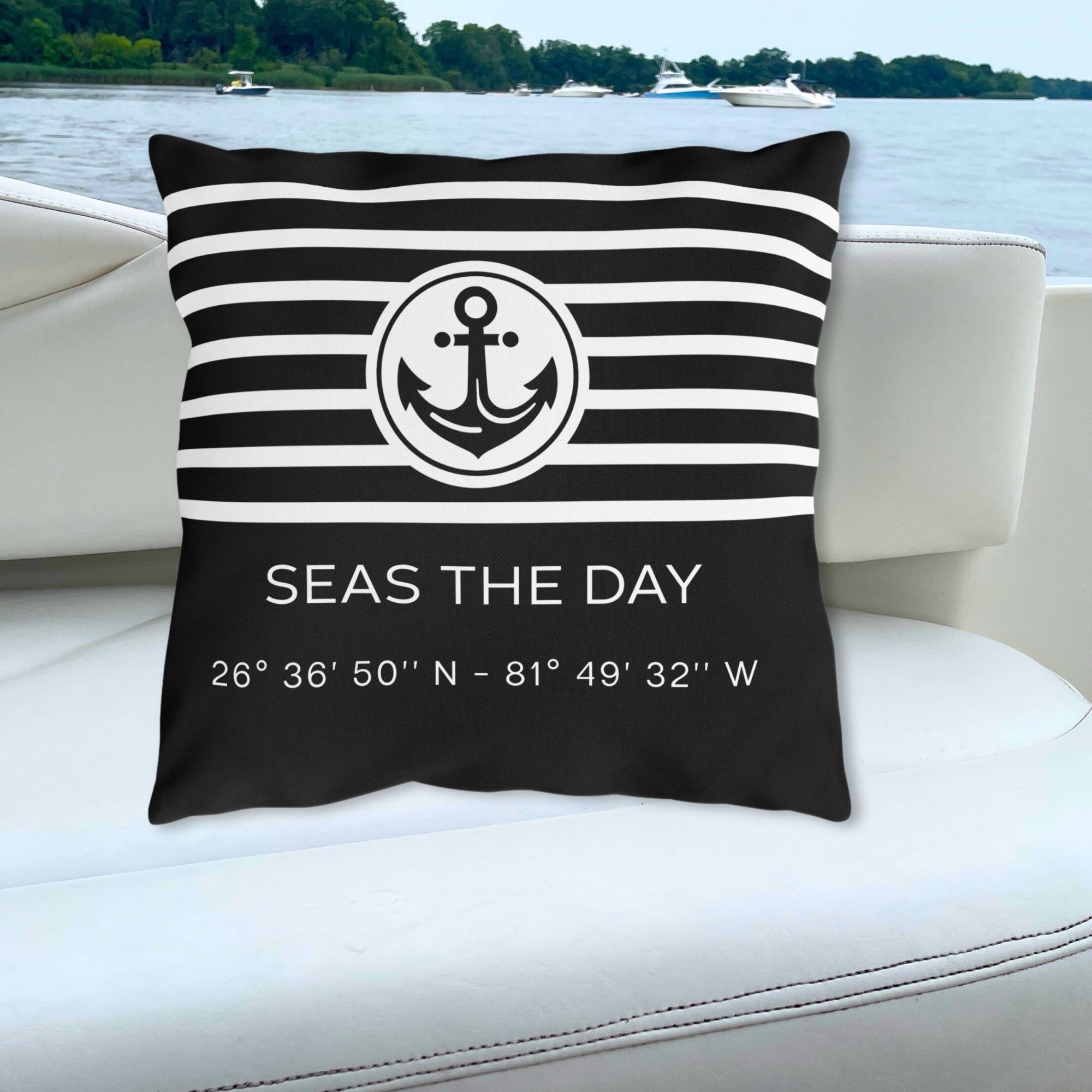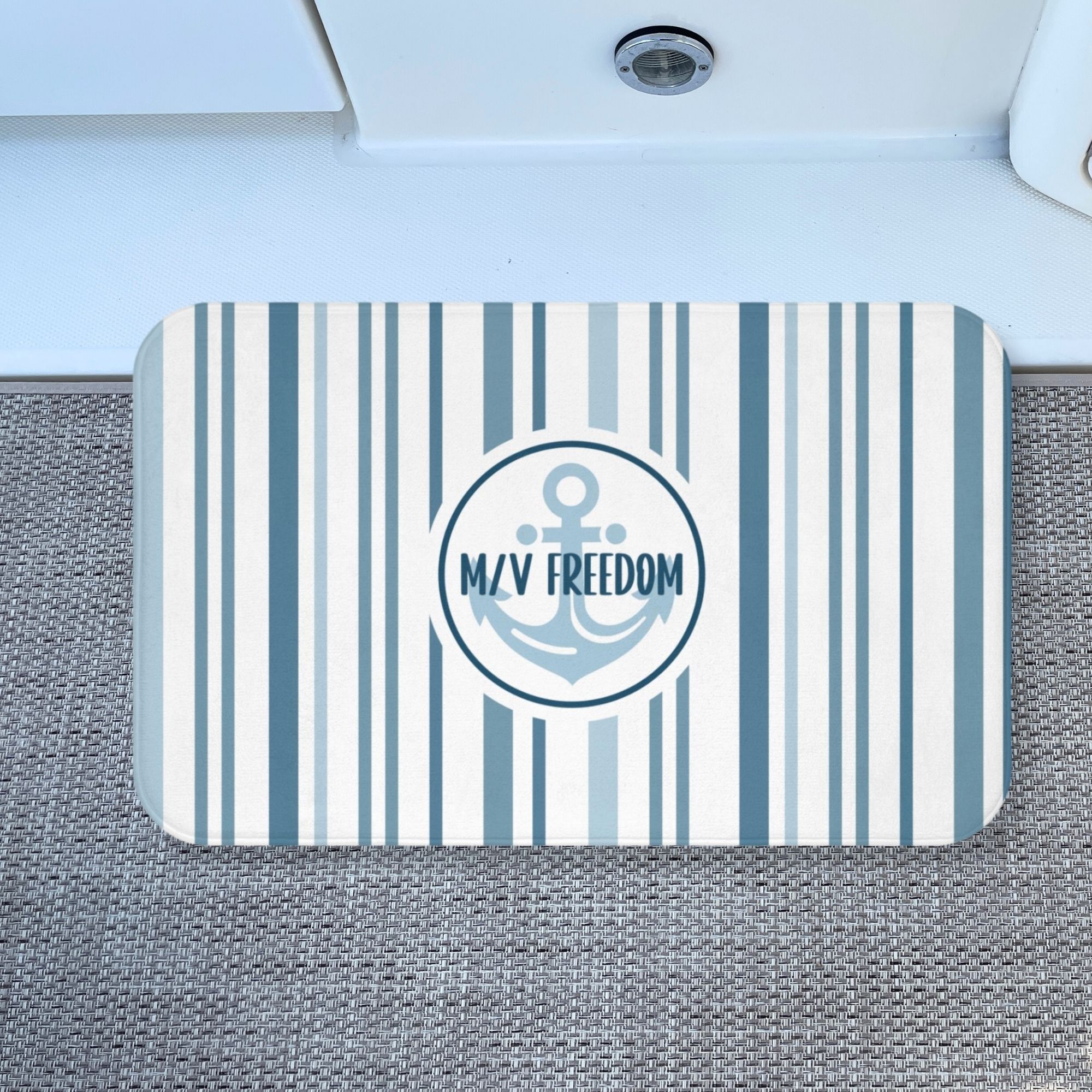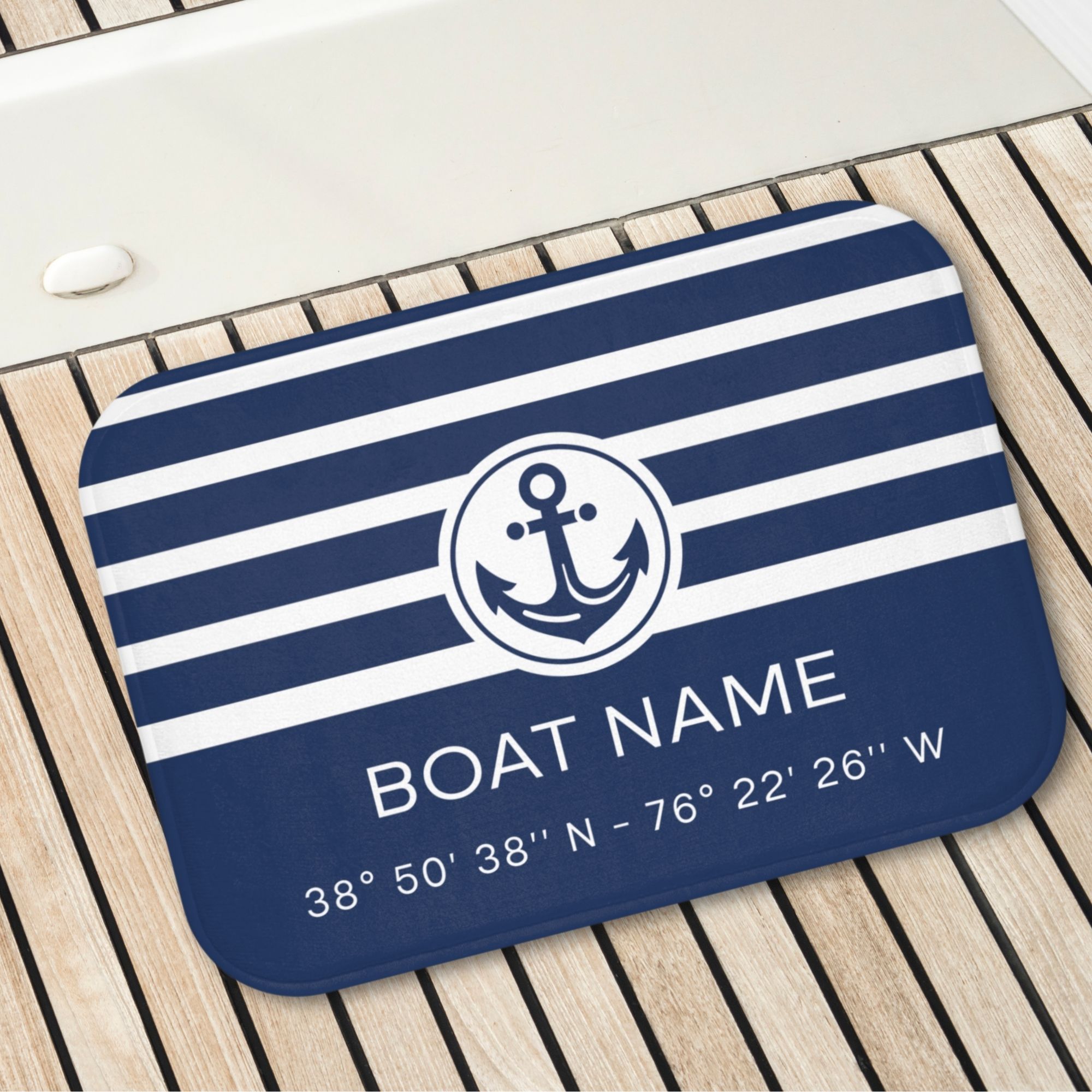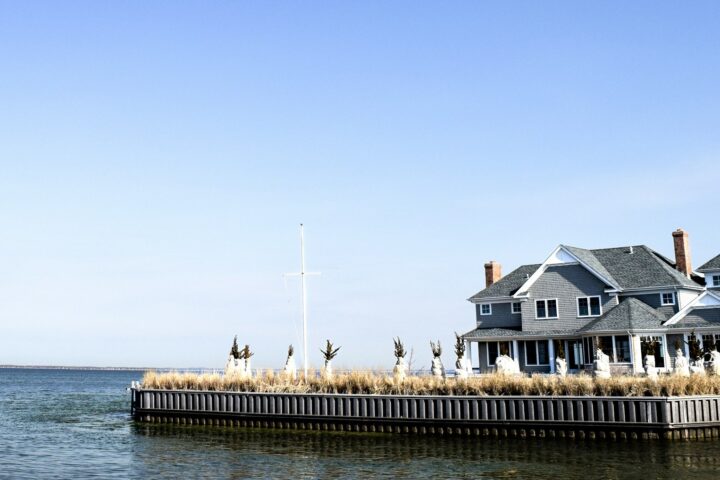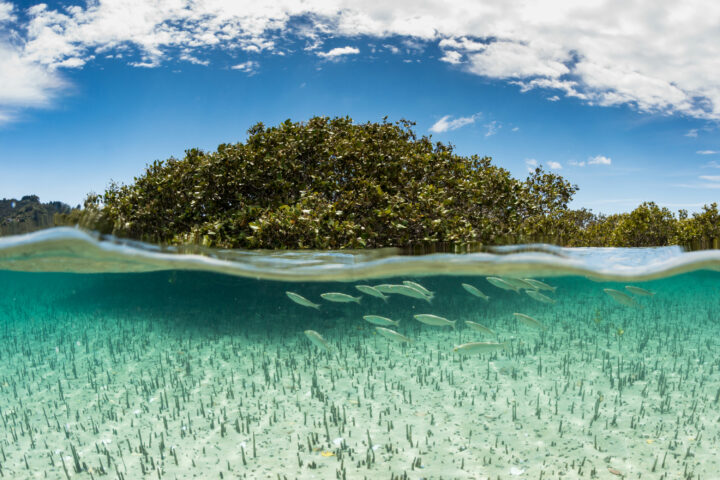
The construction equipment industry is projected to increase 12% from 2016 to 2026. As the construction sector continues to grow, though there are plenty of advancements pertaining to land-based construction projects, there is some important new developments out at sea, as well.
The American Bureau of Shipping (ABS) is a classification society, with a mission to promote the security of life, property, and the natural environment through the development and verification of standards for design, operational maintenance, and construction of marine-related facilities. The ABS is responsible for more than 12,000 commercial vessels and offshore facilities.
New Guidelines for Shipping Chemical via Tankers
According to Ship Technology, the ABS has officially unveiled its new guidelines and software for the chemical tanker industry, direct energy deposition (DED), power bed fusion (PBF), and binder jet technologies.
The guidelines were distributed to chemical tanker owners, operators, and shipyards. Stainless Steel 304 is the number one most common grade of stainless steel; the new ABS Guide for Materials and Welding for Stainless Steels features the minimum requirements for properties, manufacturing processes, and protection techniques for common types of stainless steels utilized within the marine and offshore sector. Currently, the five most common applications for Stainless Steel 316 are laboratory equipment, jet engine parts, food and pharmaceutical processing equipment and chemical containers, and boat fittings.
The new CHEM software enables chemical tanker operators to quickly decide whether their vessel is able to carry a specific type of chemical. The software can be updated and maintained easily, as well.
“We developed this industry-leading guidance and innovative software to enhance safety in the sector and make it straightforward to stay compliant,” said Stein Nilsen, ABS Chemical Carriers senior technical advisor. “ABS is a global leader in chemical tankers and uniquely understands the challenges faced by owners and operators.”
These new guidelines comes on the heels of another guidance released last month, which related to the identification of quality addictive manufactured parts used in the marine and offshore industries.
The newly published Guidance Notes are a comprehensive expansion on a 2017 ABS maritime advisory that relates to metal additive manufacturing. A so called “Cradle to Grave” file (C2G) contains valuable information, including process configuration, workflow diagrams, part designs, manufacturing description, testing packages, and inspection services. This C2G master file is maintained through each stage of qualification from feasibility through production and distribution across the sea.
The ABS’ Addictive Manufacturing Qualification Process commences with overall project setup, followed by the feasibility stage, the verification stage, pre-production validation stage, and finally, the production stage.
First chartered in New York to certify ship captains, the ABS was founded in 1862. Currently, the ABS has 200 established offices in 70 countries around the world. ABS is required under U.S. law to maintain its status as a non-for-profit organization in order to act as the agent of the U.S. government on matters of government vessel classification and other maritime matters.
Trending Now: Must-Have Boat Gear for Your Boat Life
Trending Now: Custom Boat Decor
-
Boat Pillow with Boat Name & LAT LONG Coordinates
Quick ViewBuy on Etsy -
Boat Pillow with Boat Name & LAT LONG Coordinates- Black
Quick ViewBuy on Etsy -
Coastal Blue Stripes Bathmat with Anchor & Boat Name
Quick ViewBuy on Etsy -
Custom Boat Mat with Boat Name & LAT LONG Coordinates
Quick ViewBuy on Etsy
Disclosure: This site may contain links affiliated with companies where we receive compensation. Also, as an Amazon Associate we may earn from qualifying purchases we refer but it does not impact the price you pay. Full disclosure policy.

